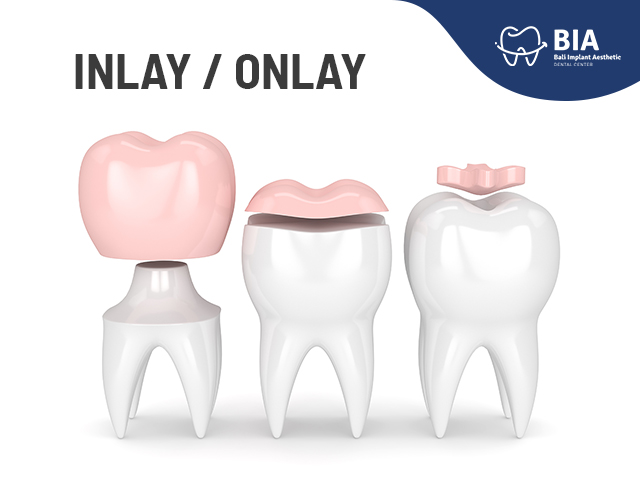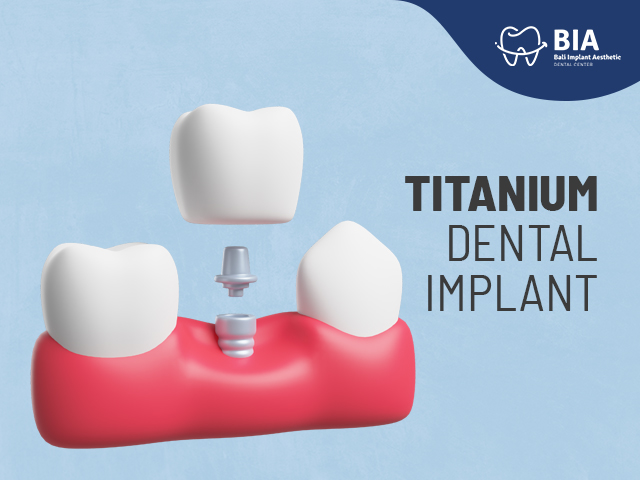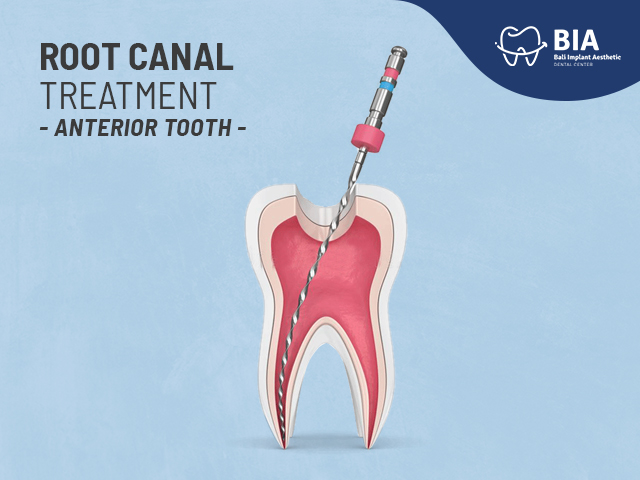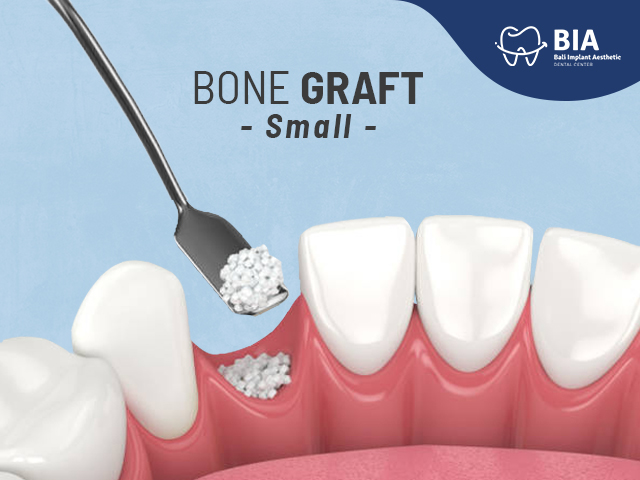Oral Problems in Diabetes Patients
Article | 2020-09-27 02:53:33
Oral Problems in Diabetes Patients
Diabetes Mellitus is a metabolic disorder in which the insulin hormone does not work properly. Insulin is a hormone produced by the pancreas gland and functions to control blood sugar levels by converting carbohydrates, fats and proteins into energy.
Oral health is one indicator of good or bad management of health status in people with diabetes mellitus. Diabetes mellitus is one of the causes of complications that arise in the oral cavity. Oral health will get worse if people with Diabetes Mellitus do not understand how to handle this.
ORAL MANIFESTATION OF DIABETES MELLITUS
1. Xerostomia (Dry Mouth)
Uncontrolled diabetes causes decreased salivary flow (saliva), so that the mouth feels dry. Saliva has a self-cleansing effect, where its flow can function as a rinse of food debris and dirt from the mouth. So if the flow of saliva decreases it causes discomfort, is more prone to ulceration (wounds), cavities, and can be a fertile field for bacteria to grow and develop. Diabetics also experience polyuria, where sufferers urinate a lot so that the fluid in the body decreases which can result in the amount of saliva being reduced and the mouth feels dry, so it is advisable for sufferers to consume acidic fruit so that it can stimulate the salivary glands to release saliva.
2. Gingivitis and Periodontitis
Periodontitis is inflammation of the supporting tissues of the teeth (gums and bones). Apart from damaging white blood cells, another complication of diabetes is thickening of the blood vessels, which slows down the flow of nutrients and waste products from the body. This slow blood flow decreases the body's ability to fight infection, while periodontitis is a disease caused by a bacterial infection. And this becomes heavier because the bacterial infection in people with diabetes is heavier. There are many factors that trigger or aggravate periodontitis, including plaque accumulation, calculus (tartar), and systemic factors or general body condition. Periodontal tissue damage makes the gums no longer stick to the teeth, the bones become damaged, and over time the teeth become loose. The number of cases of periodontal disease in society is quite high, although many are not aware of it, and this disease is the main cause of tooth loss in adults. Of all the complications of Diabetes Mellitus, Periodontitis is the sixth largest complication among various diseases and Diabetes Mellitus is the number one complication especially in the oral cavity. Almost 80% of Diabetes Mellitus patients have gum problems. Signs of periodontitis include the patient complaining that the gums bleed easily, the color of the gums becomes shiny, the texture of the orange peel (stippling) is gone, the gum pockets become deep, and there is bone damage around the teeth, the patient complains that the teeth are wobbly so that they easily fall off. This condition is caused by a reduced amount of saliva, resulting in a buildup of food residue that sticks to the tooth surface and causes the gums to become infected and bleed easily.
3. Apthosa Stomatitis (Thrush)
Although thrush is common to many people, this disease can cause severe complications if it is experienced by diabetics. Diabetes sufferers are very susceptible to fungal infections in the mouth and tongue which then cause a type of thrush. This canker sores are caused by a fungus that develops as the level of sugar in the blood and saliva of diabetics increases.
4. Sense of burning mouth
Diabetics usually complain about burning or numbness in the mouth. Usually, diabetics can also experience facial numbness.
5. Yeast infection
Diabetics who often take antibiotics to fight infection are very susceptible to developing fungal infections of the mouth and tongue. Moreover, diabetics who smoke, the risk of fungal infection is much greater. In chronic Diabetes Mellites sufferers, the body is susceptible to infection, so frequent use of antibiotics can disrupt the balance of germs in the mouth which results in the candida fungus developing uncontrollably. From my observations while practicing as a dentist, it is marked by the presence of a yellowish white coating on the tongue, tonsils and throat.
6. Dental Caries
In diabetes mellitus sufferers, it is known that the amount of saliva decreases so that food sticks to the surface of the teeth, and if what is attached is food from the carbohydrate group mixed with germs on the tooth surface and is not cleaned immediately, it can cause the acidity in the mouth to decrease, so that it can cause it to occur. cavities or dental caries.
Always consult your dental and oral health problems with the best dentists and dental clinics in Bali.
BIA Dental Center
Jl. Sunset Road No.86A, Seminyak, Badung, Bali Indonesia 80361.
+6282139396161




